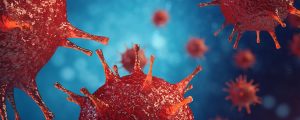
An immune-cell signature marks the brain in Alzheimer’s disease
For decades, research into Alzheimer’s disease has centred on neurons. Only in the past few years have scientists identified a role for immune cells in

For decades, research into Alzheimer’s disease has centred on neurons. Only in the past few years have scientists identified a role for immune cells in
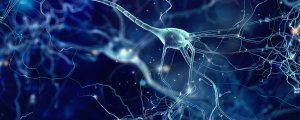
In a recent study of more than 900 rats, Shelly Flagel and her team of neuroscientists at the University of Michigan found that a region

For many years, Thomas Misgeld, a neuroscientist at the Technical University of Munich in Germany, has studied mitochondria, often in the context of neurodegenerative and
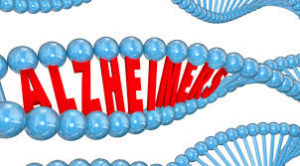
When Biogen and its partner Eisai announced in March that they’d halted two simultaneous Phase 3 clinical trials on an Alzheimer’s drug based on disappointing
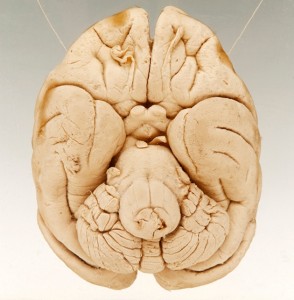
As a treatment for severe epilepsy, some children have half their brain surgically removed. Although these patients may end up with sensory, movement, or language
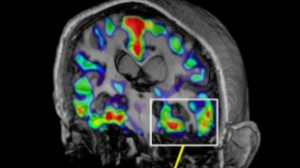
Researchers have identified a genetic mutation that may help mitigate the risk of some forms of Alzheimer’s. In a study published yesterday (November 4) in
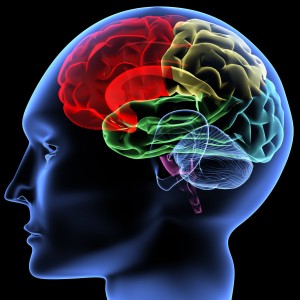
Some women who lack olfactory bulbs seem to be able to smell without a problem, according to a study published today (November 6) in Neuron.

Pelizaeus-Merzbacher disease is a genetic malady that leaves neurons without their myelin coating. This deficit has devastating consequences for the boys—it’s X-linked—who have it. “These

While humans sleep, huge waves of the cerebrospinal fluid that envelops the brain rhythmically flow in and out of the organ, according to a new
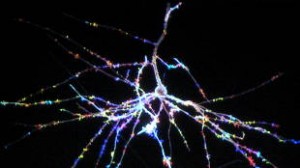
Stimulating or inhibiting particular neurons in an animal and observing the effects is the basis of countless neuroscience experiments. To achieve such control, researchers have
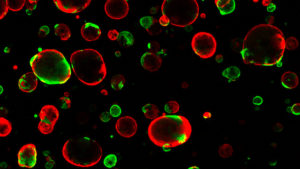
The human brain has undergone substantial change since humans diverged from chimpanzees and the other great apes1,2. However, the genetic and developmental programs that underlie

Deep brain stimulation can durably improve depression symptoms in people who don’t respond well to other treatments, according to a small study published last week

Delicate lines dance across a screen mounted on the wall of the operating room. Their peaks and valleys become pronounced, suddenly flatten into a straight
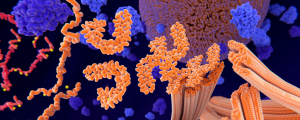
Researchers have found a link between RNA splicing alterations and tau-mediated neurodegeneration in Alzheimer’s disease. The study, published today (October 8) in Cell Reports, examined

There are approximately 5.6 million people over the age of 65 living with Alzheimer’s disease in the United States. With the population aging, that number

A quadriplegic patient has walked again thanks to a brain-controlled robotic exoskeleton suit being tested in the lab, according to a team of researchers in

Tau is a structural protein of brain cells that, in various neurodegenerative conditions and as a result of brain injury, can accumulate as tangled toxic

When adults have strokes affecting a structure called the arcuate fasciculus in the left hemisphere of the brain, they usually lose their language abilities and
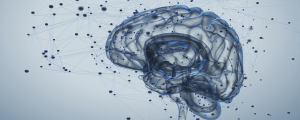
When people listened to questions from a predetermined set and spoke a response from a group of answer options, a computer program could correctly predict

Scientists report finding eight new genetic markers for the eating disorder anorexia nervosa in a study published in Nature Genetics today (July 15). By analyzing
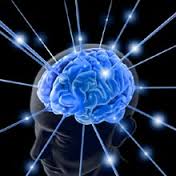
Fifteen per cent of hospital patients with severe brain injuries exhibited cognitive activity in response to commands — even though they did not react visibly.
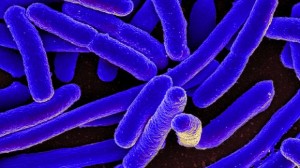
Scientists have identified a molecule that stops gut microbes from breaking down the primary drug used to treat Parkinson’s disease — a step towards increasing

Sequencing the nuclear RNA of more than 100,000 individual postmortem brain cells from people with and without autism spectrum disorder indicates the types of genes

You’d think that overseeing an entire issue of The Scientist focused on artificial intelligence would cause my mind to wander far into the future—robotic researchers

Modifying levels of vasopressin, a hormone related to oxytocin that is involved in the regulation of mammalian social behavior, could enhance social function in people
Created by ePubSystems. Contact Us for similar site for your university or institute.